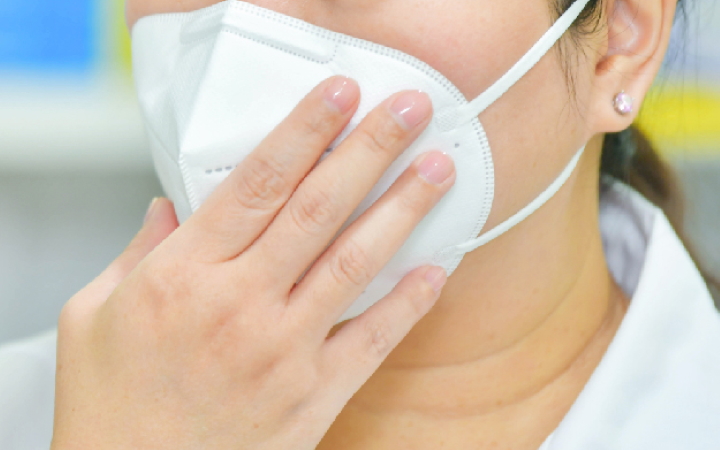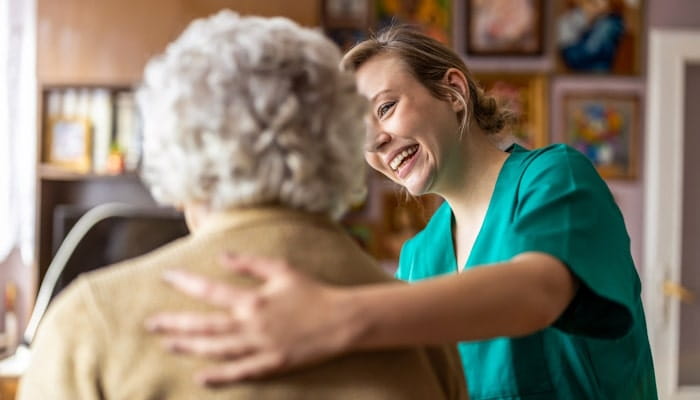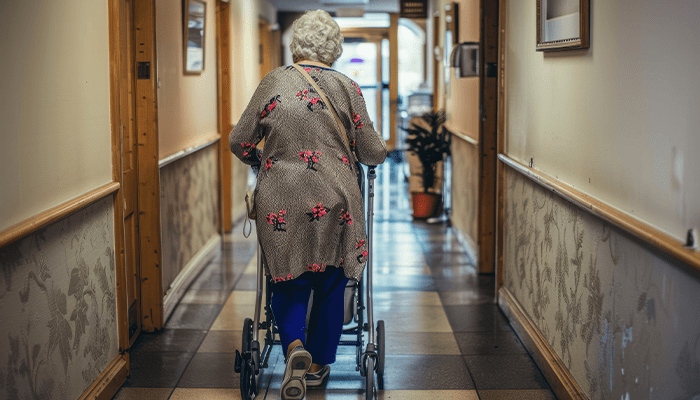
OSHA Guidance on N-95 Masks
N-95 masks have been the subject of increased focus by OSHA. These masks were originally designed for industrial use in sectors such as mining, construction, painting and manufacturing. Designed to filter out airborne particulates, they have a logical place in the healthcare setting to control airborne diseases such as COVID-19.OSHA considers N-95 masks to be “respirators” whereas your common surgical masks are not. The OSHA Standard governing Respiratory Protection is 1910.134. There has been temporary guidance issued by OSHA mandating that healthcare workers be adequately protected from COVID-19 if they are directly involved with the care of these patients. As such, those employers are required to implement all aspects of 1910.134. From a practical standpoint, that includes implementing all requirements under the Standard, including having a written respiratory protection program, providing the masks, medical fitness testing, and initial and recurring fit testing.
In a move to somewhat lessen the administrative burden, the temporary guidance has also directed OSHA field offices to exercise discretion in the enforcement of the annual fit testing requirement found in 29 CFR § 1910.134(f)(2), so long as the employer:
- Make a good-faith effort to comply with 29 CFR § 1910.134;
- Use only NIOSH-certified respirators;
- Implement CDC and OSHA strategies for optimizing the supply of N95 filtering facepiece respirators and prioritizing their use, as discussed above;
- Perform initial fit tests for each healthcare worker with the same model, style, and size respirator that the worker will be required to wear for protection against COVID-19 (initial fit testing is essential to determine if the respirator properly fits the worker and is capable of providing the expected level of protection);
- Inform workers that the employer is temporarily suspending the annual fit testing of N-95 filtering facepiece respirators to preserve and prioritize the supply of respirators for use in situations where they are required to be worn;
- Explain to workers the importance of performing a user seal check (i.e., a fit check) at each donning to make sure they are getting an adequate seal from their respirator, in accordance with the procedures outlined in 29 CFR § 1910.134, Appendix B-1, User Seal Check Procedures.4 See also, OSHA tutorial videos (English, Spanish).5
- Conduct a fit test if they observe visual changes in the employee’s physical condition that could affect respirator fit (e.g., facial scarring, dental changes, cosmetic surgery, or obvious changes in body weight) and explain to workers that, if their face shape has changed since their last fit test, they may no longer be getting a good facial seal with the respirator and, thus, are not being adequately protected; and,
- Remind workers that they should inform their supervisor or their respirator program administrator if the integrity and/or fit of their N-95 filtering facepiece respirator is compromised.
The use of these respirators is relatively new to the healthcare field and it has taken many by surprise relative to the administrative burden. The compliance guidance signaled by OSHA, although not overtly stated, is to proceed with leniency. Nevertheless, it is imperative that those healthcare facilities treating COVID-19 positive patients comply with the recommendations by the CDC, OSHA and others to use N-95 (or equivalent) respirators and to implement the required training, fitness evaluation and fit-testing.
For additional information and helpful resources, visit our COVID-19 resource page or contact a member of our senior living team.
Featured News & Insights

Watch the Webinar Replay Caring for individuals with dementia requires empathy, communication, and a deep understanding of how the brain changes over time. Our guest presenter, Molly Hedgpeth from...

Compliance and risk management are critical components of running a senior living facility. Our recent webinar, "Survey Process and Management," provided in-depth insights into how facilities can...

As the healthcare industry continues to evolve, staying informed and prepared has never been more crucial. That’s why we are thrilled to announce our 2025 Webinar Series, a yearlong lineup of...